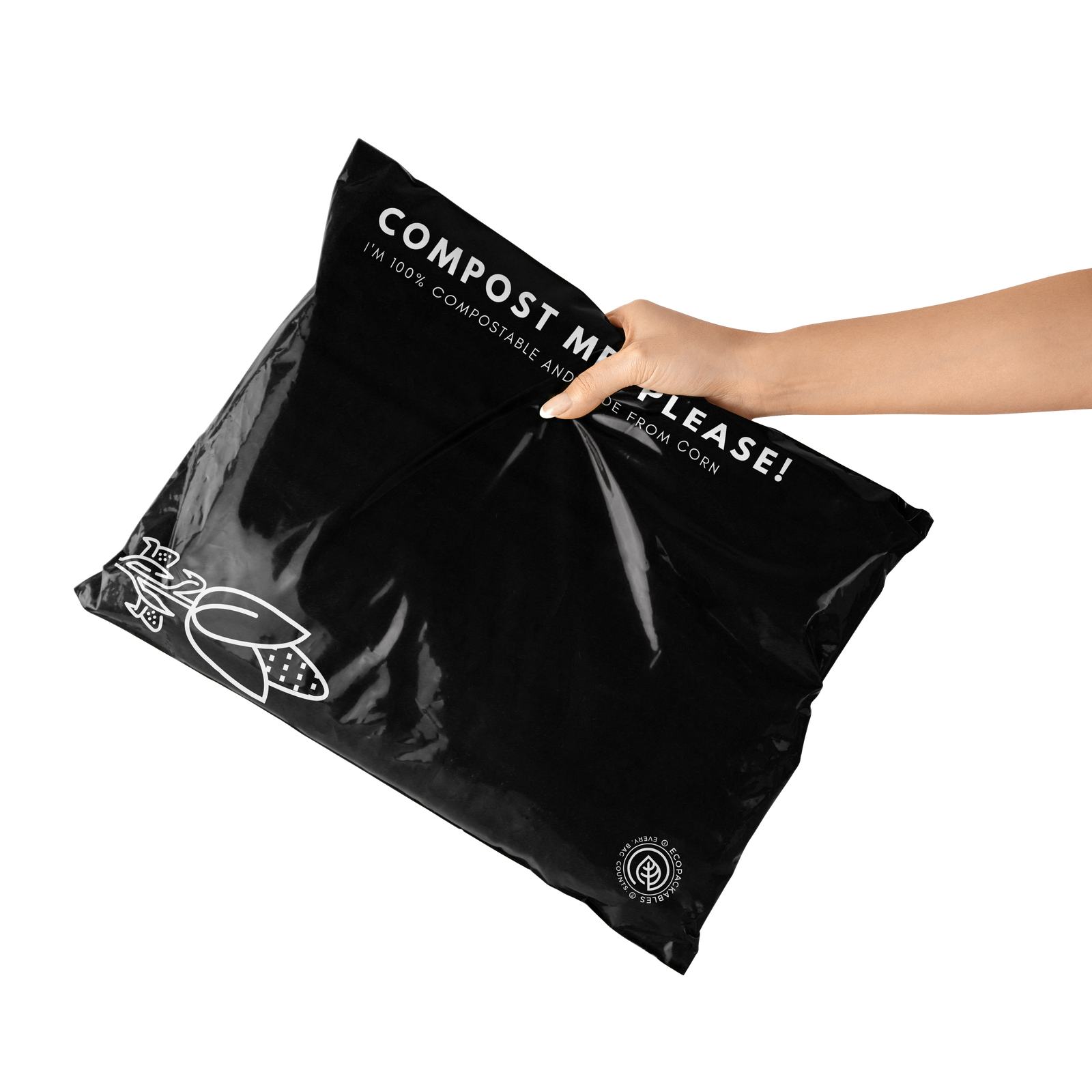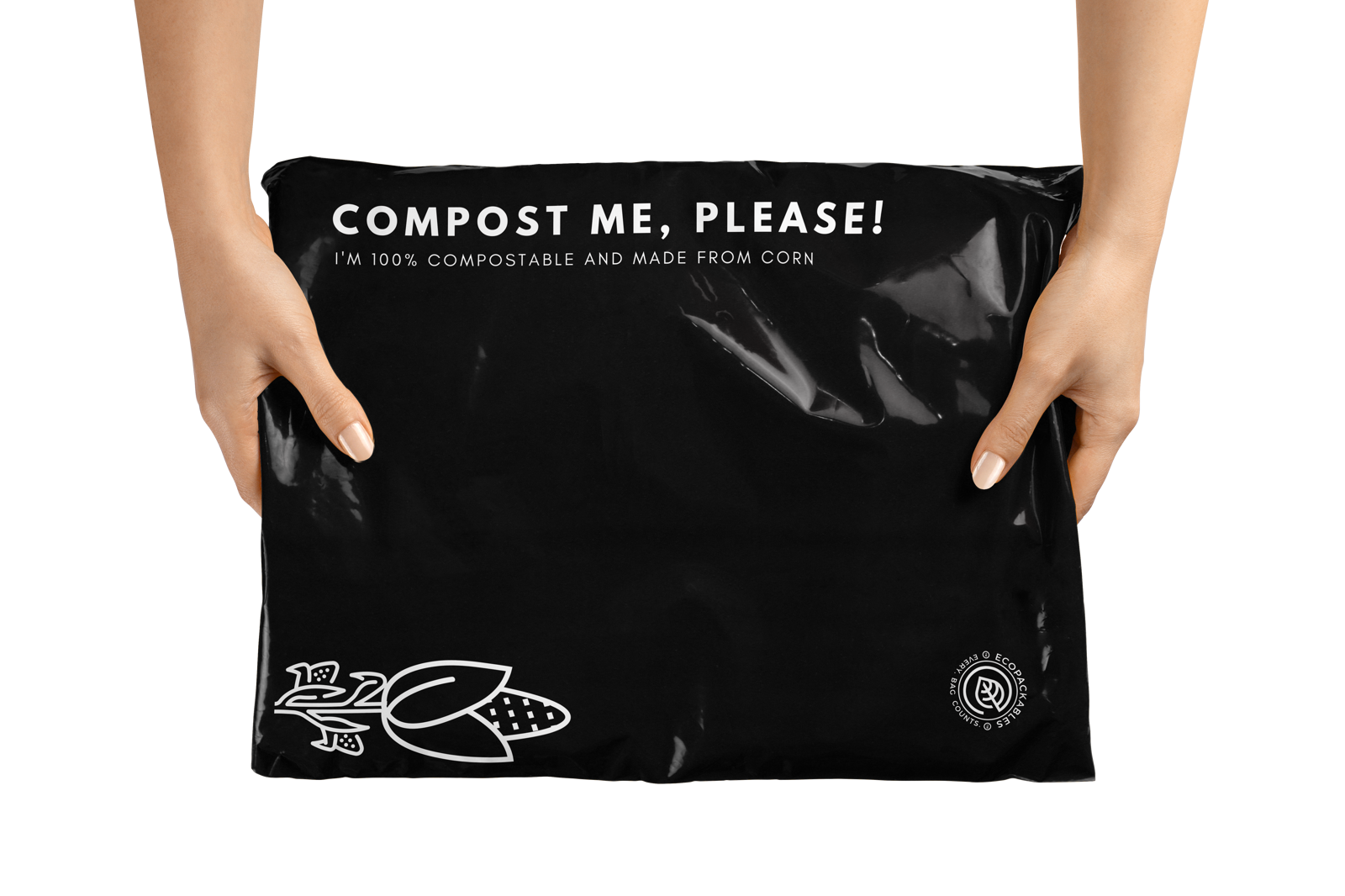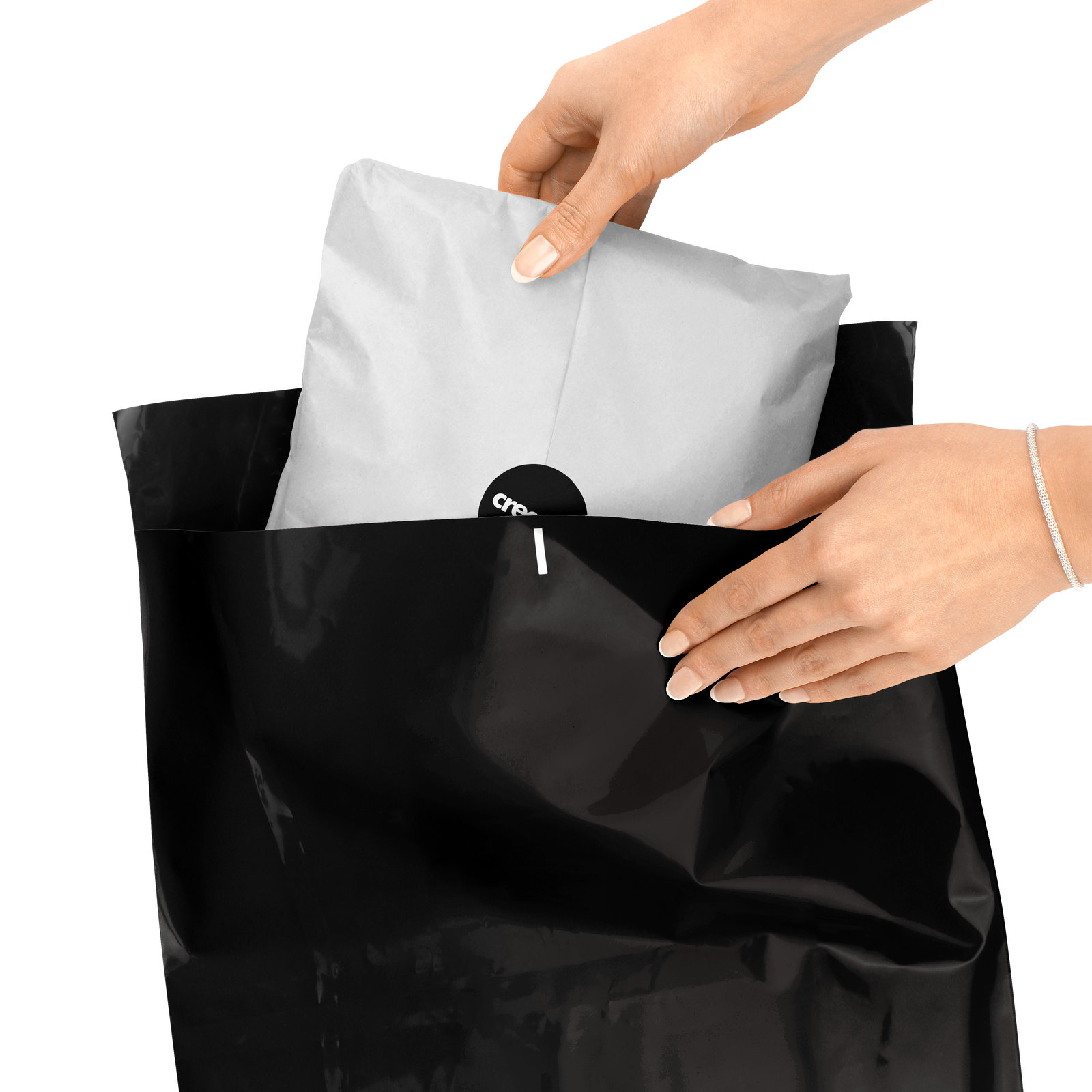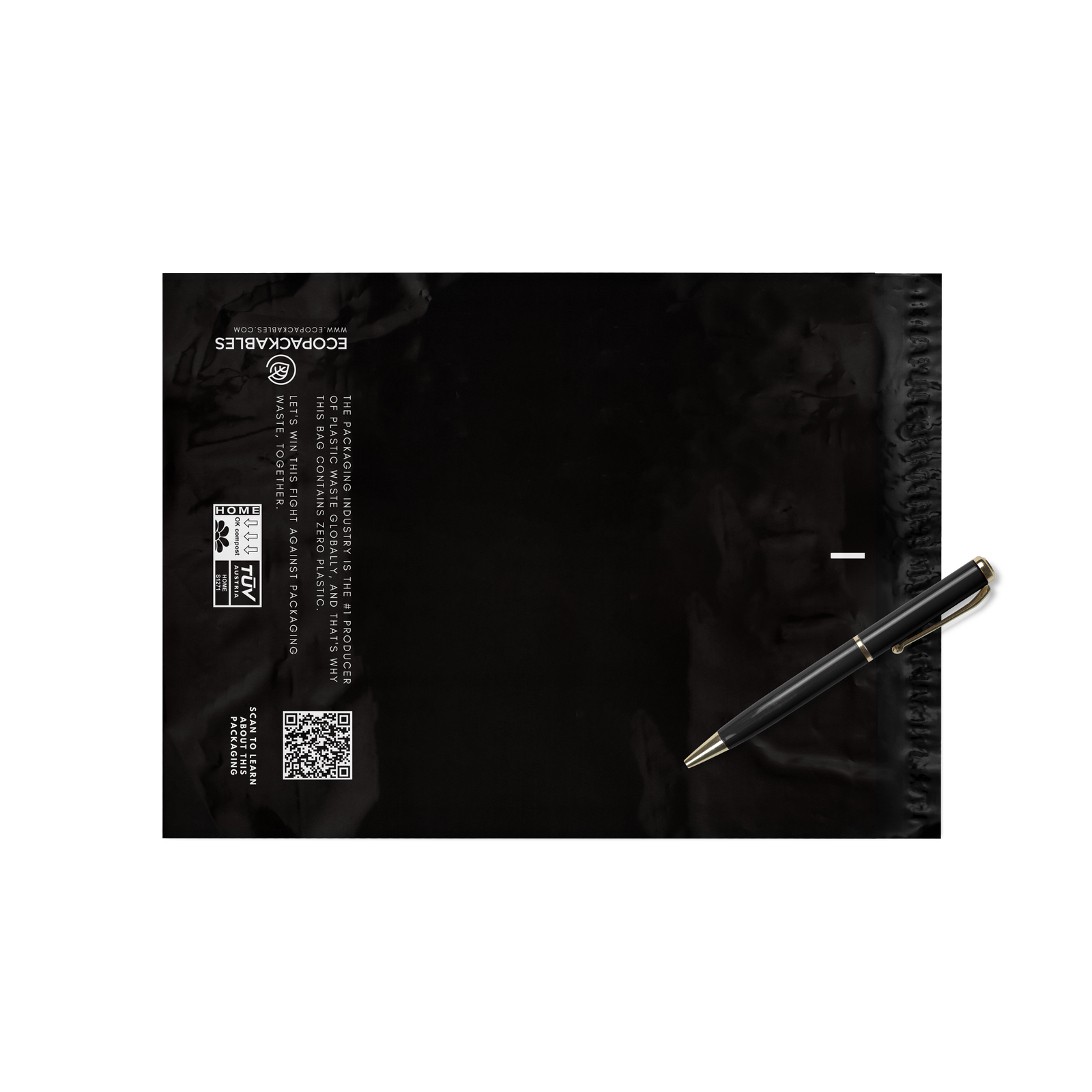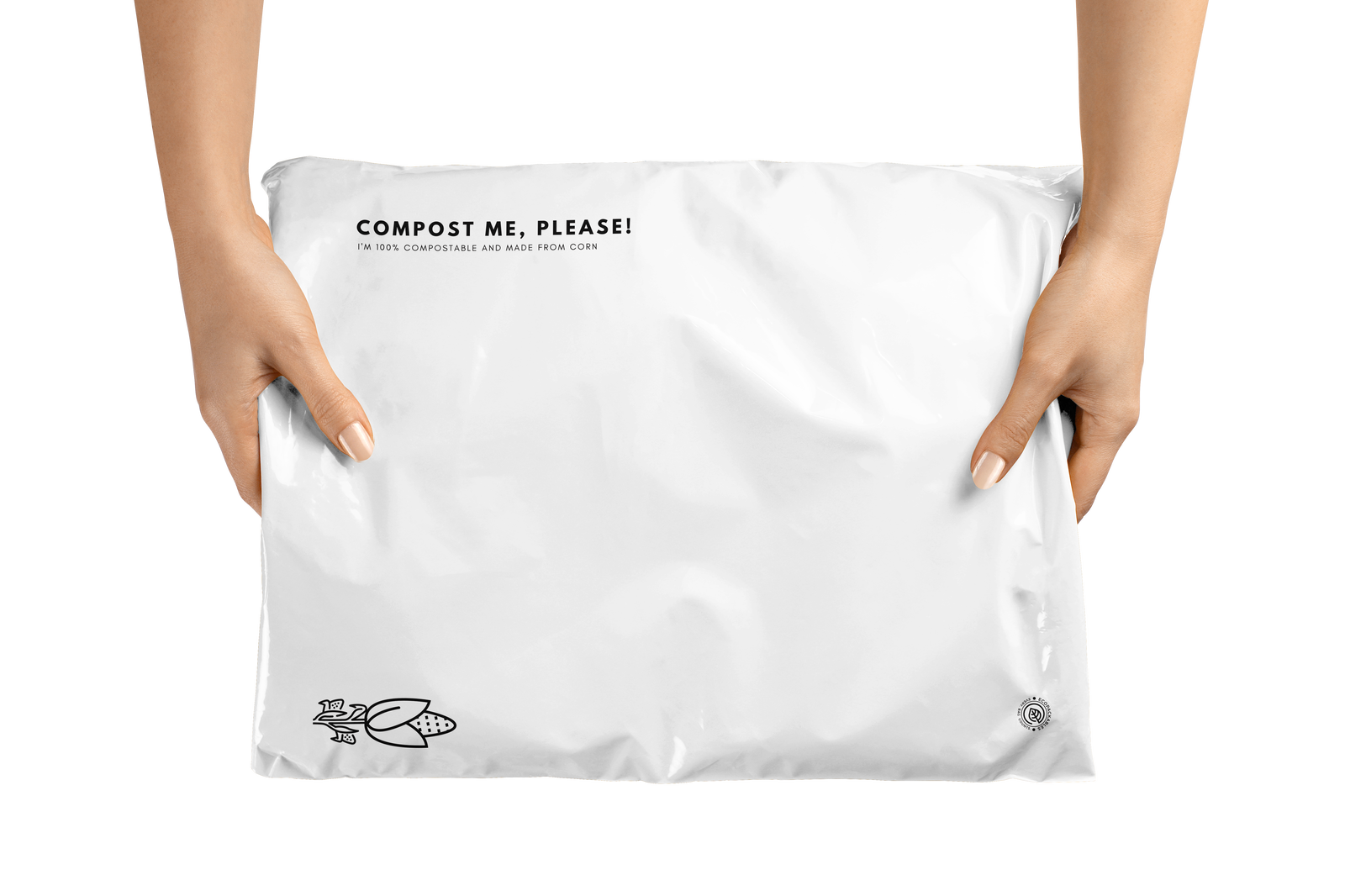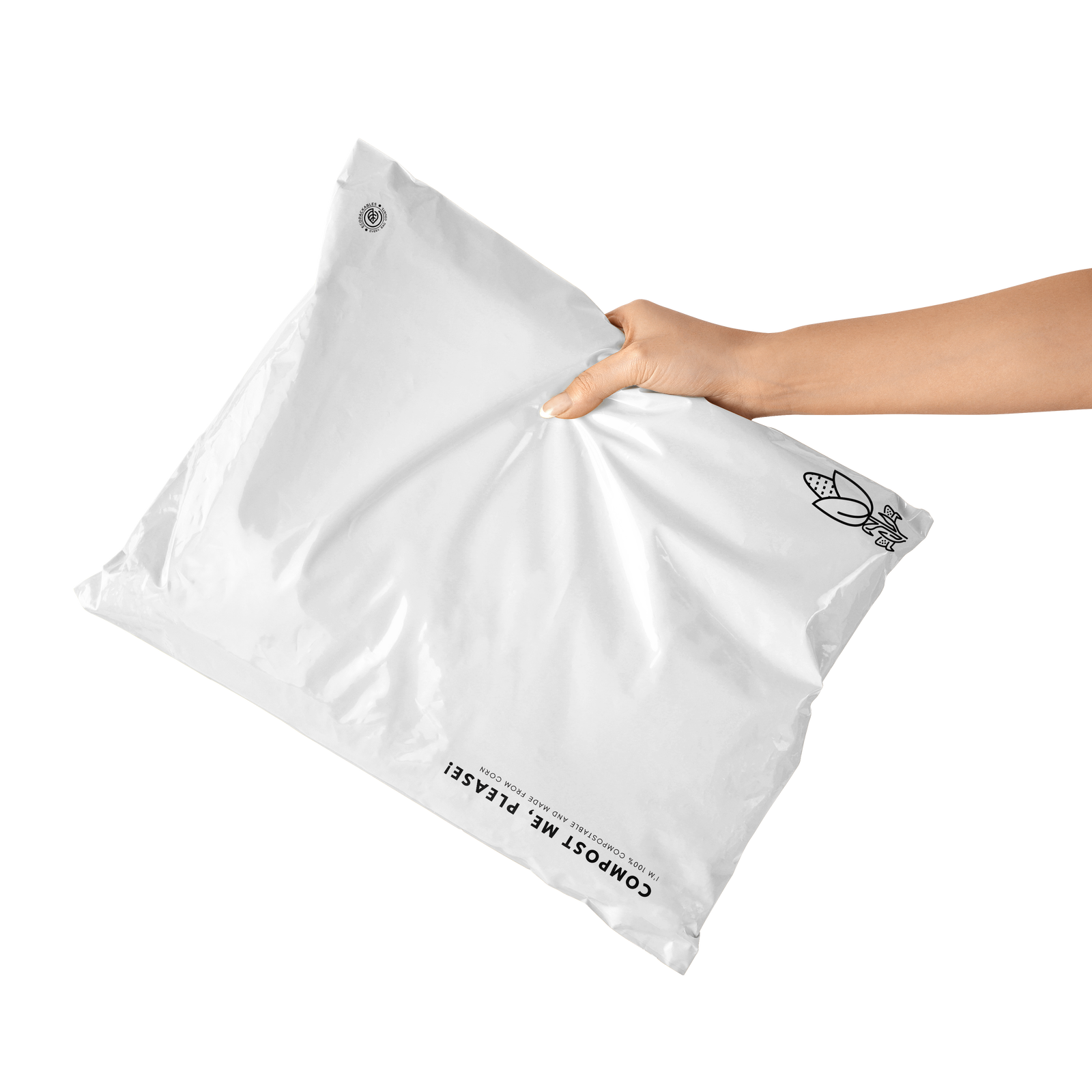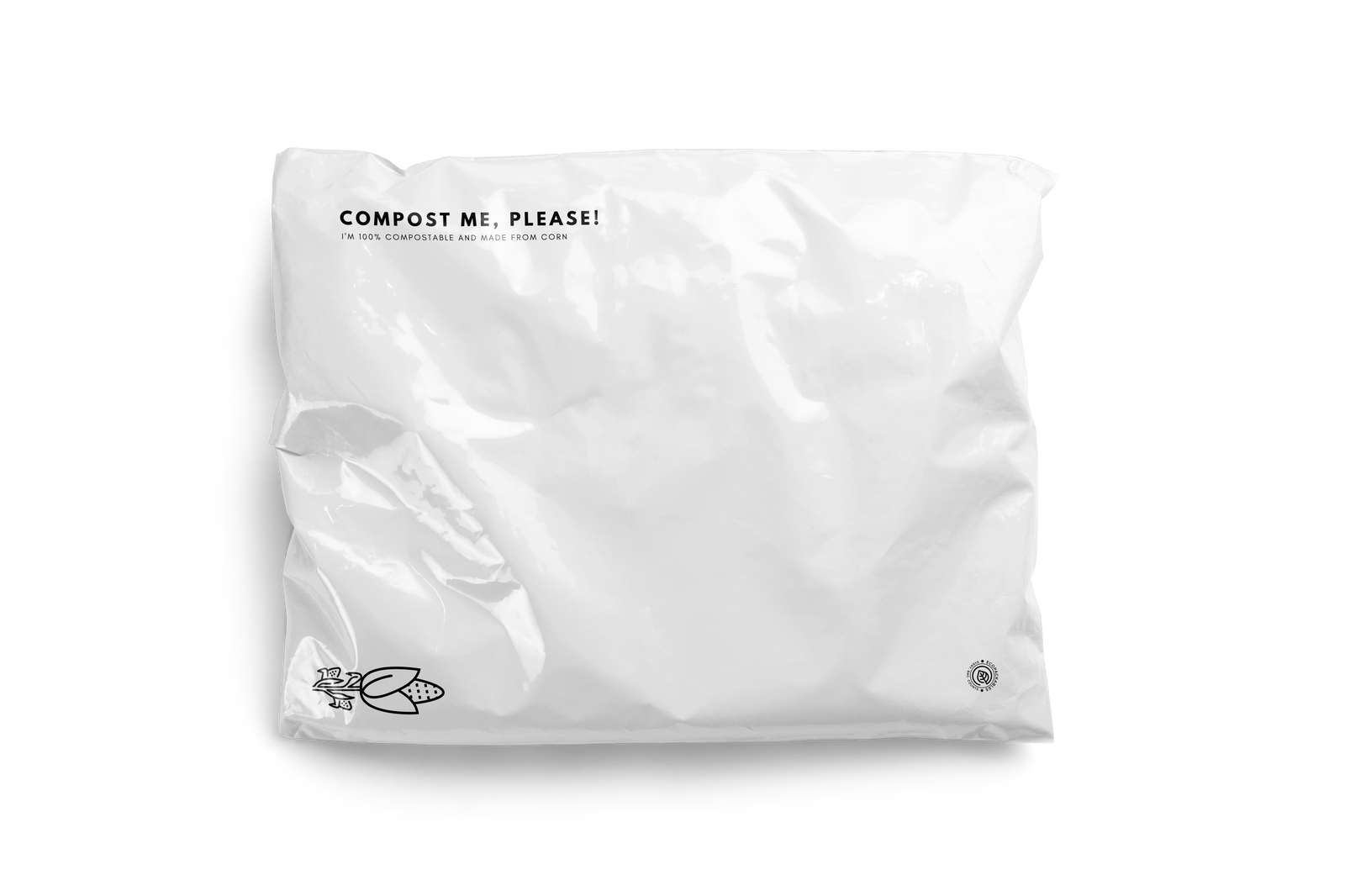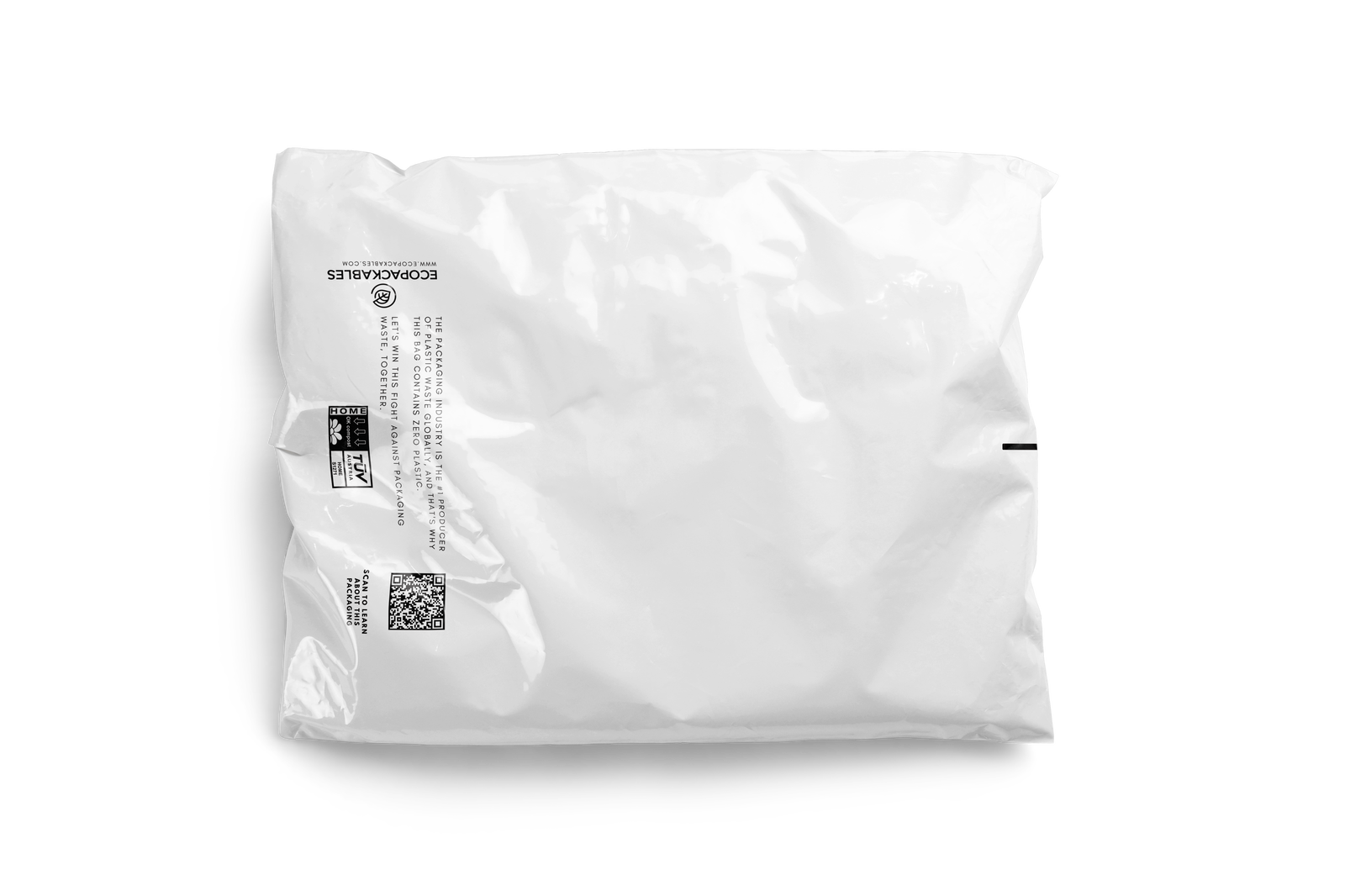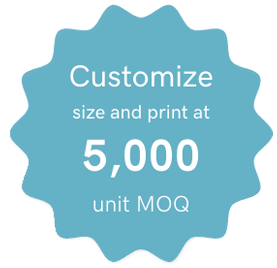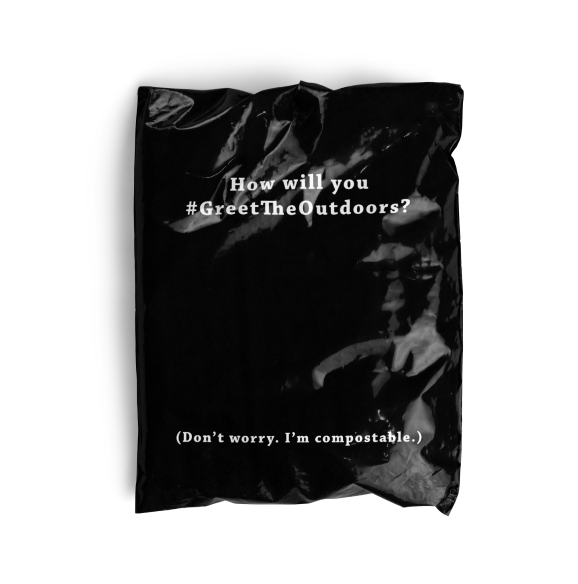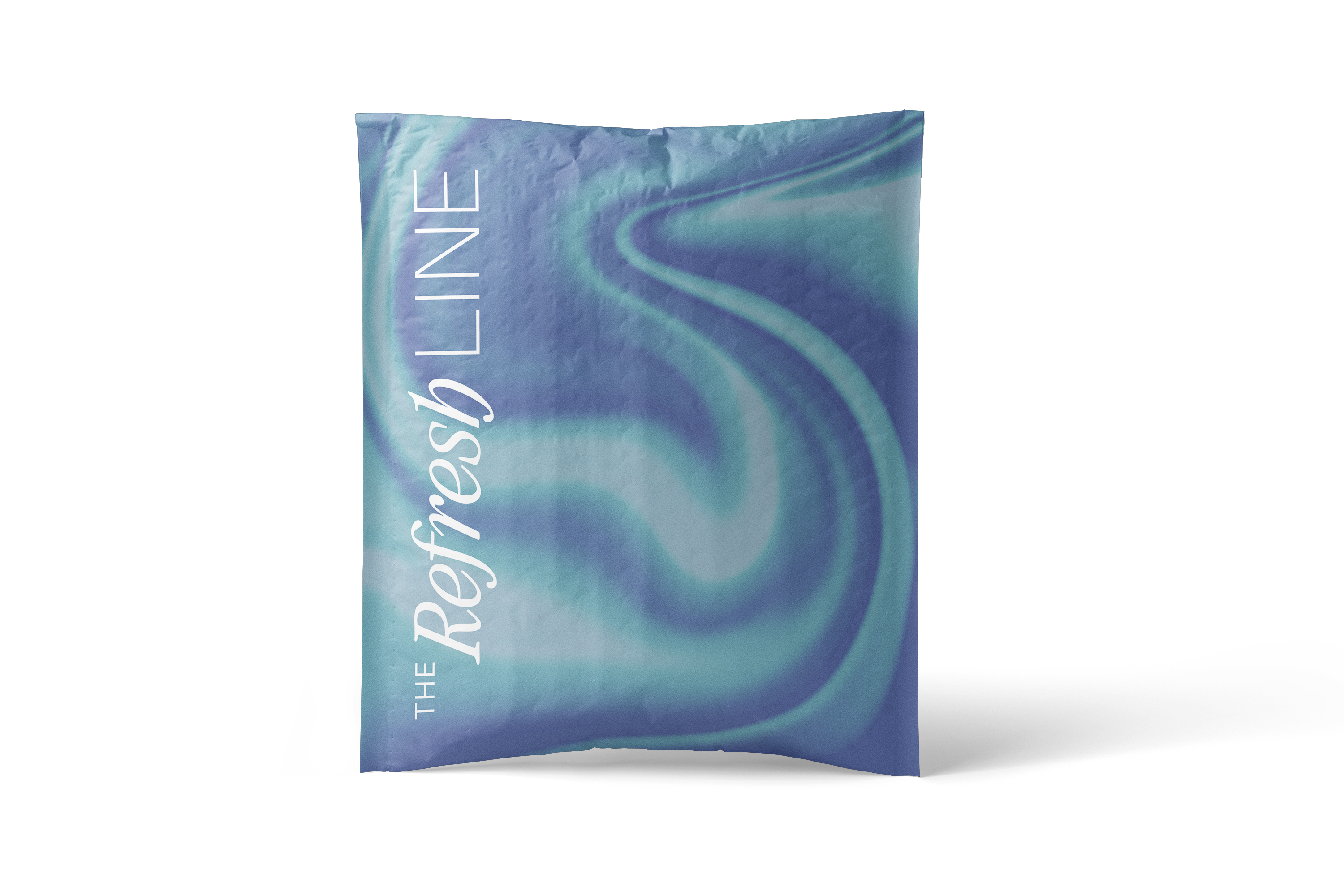Try out a sample from our sample packs!
Our 100% Compostable Polymailers offer eco-friendly shipping protection, certified for both home and industrial composting. Available in stock sizes and fully customizable.
-
Stock Options (70 µm):
- 10 x 13" – Case Size: 800 Units (900 units - White)
- 12 x 15.5" – Case Size: 500 Units
- 14.5 x 19" – Case Size: 400 Units
- 19 x 24" – Case Size: 300 Units
-
Certifications: TUV, ABA
Try out a sample from our sample packs!
Our Custom Compostable Polymailers offer durable, eco-friendly protection for your products, tailored to your specifications. Made from compostable materials, they biodegrade fully in both home and industrial compost settings.
- Customizable Size: 2x4" - 47x47"
- Print Options: Full-bleed, two-sided, 8 color max
- Certifications: ABA, TUV
- Amount of adhesive strips: 1 or 2
- Quantity: 5,000+
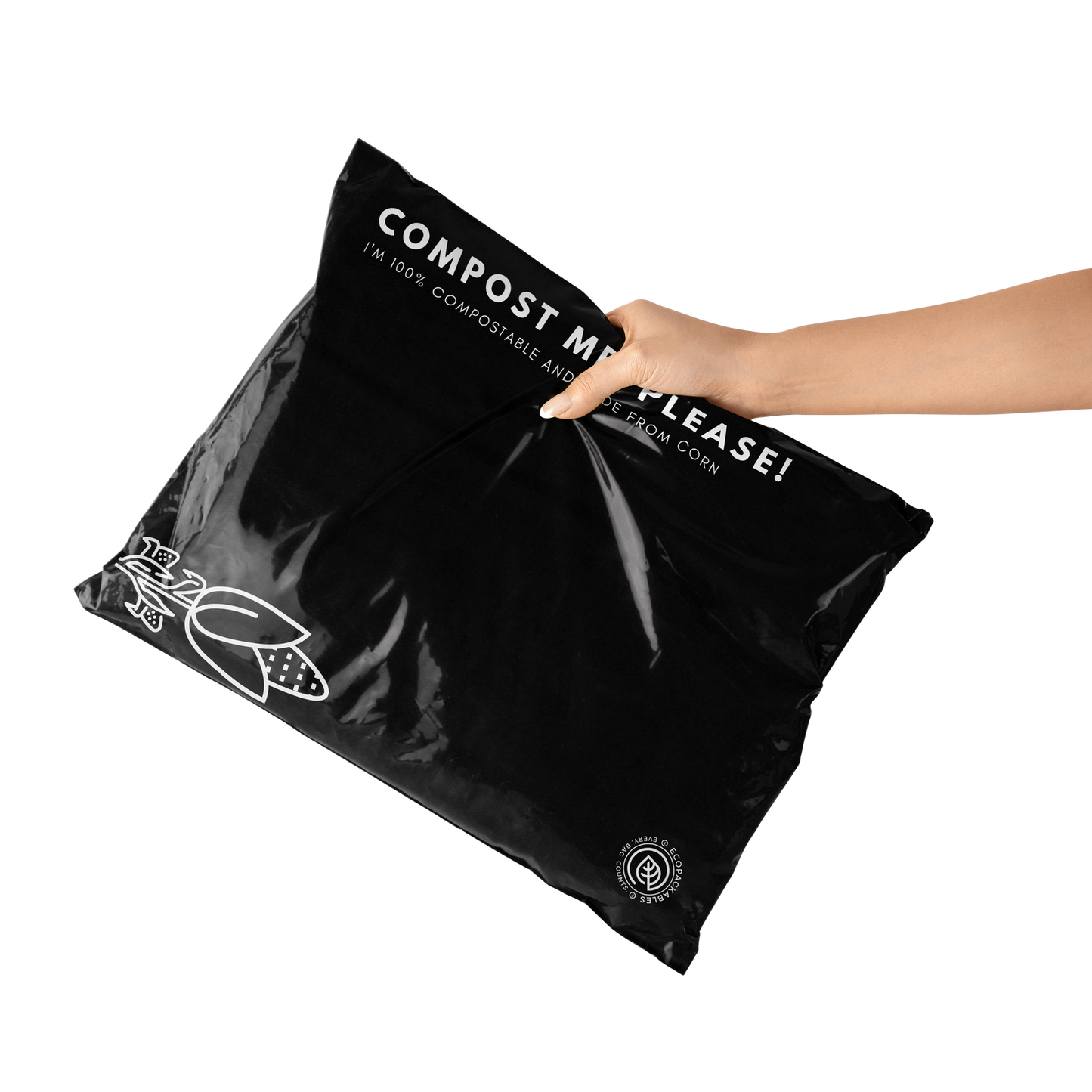
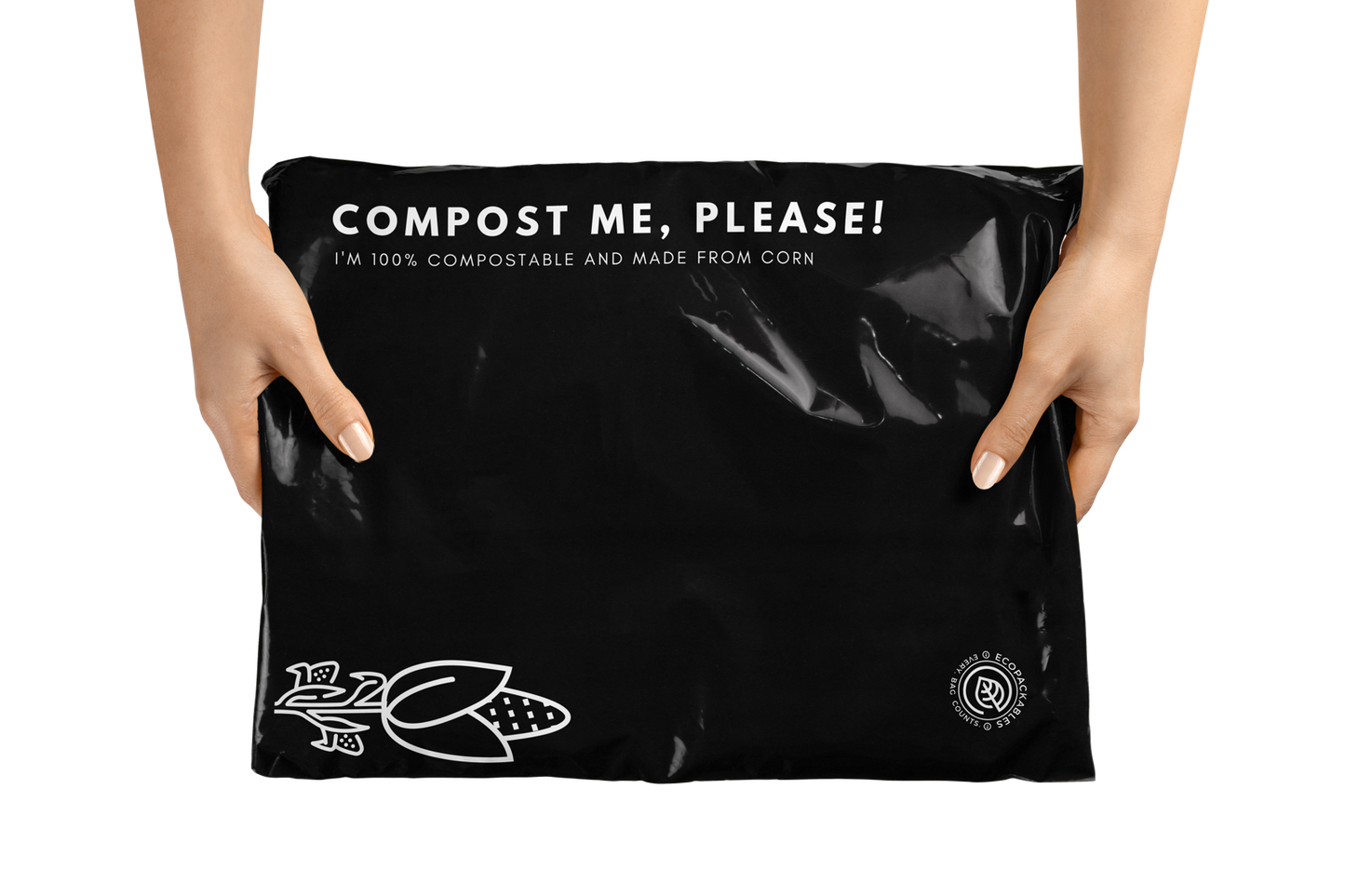
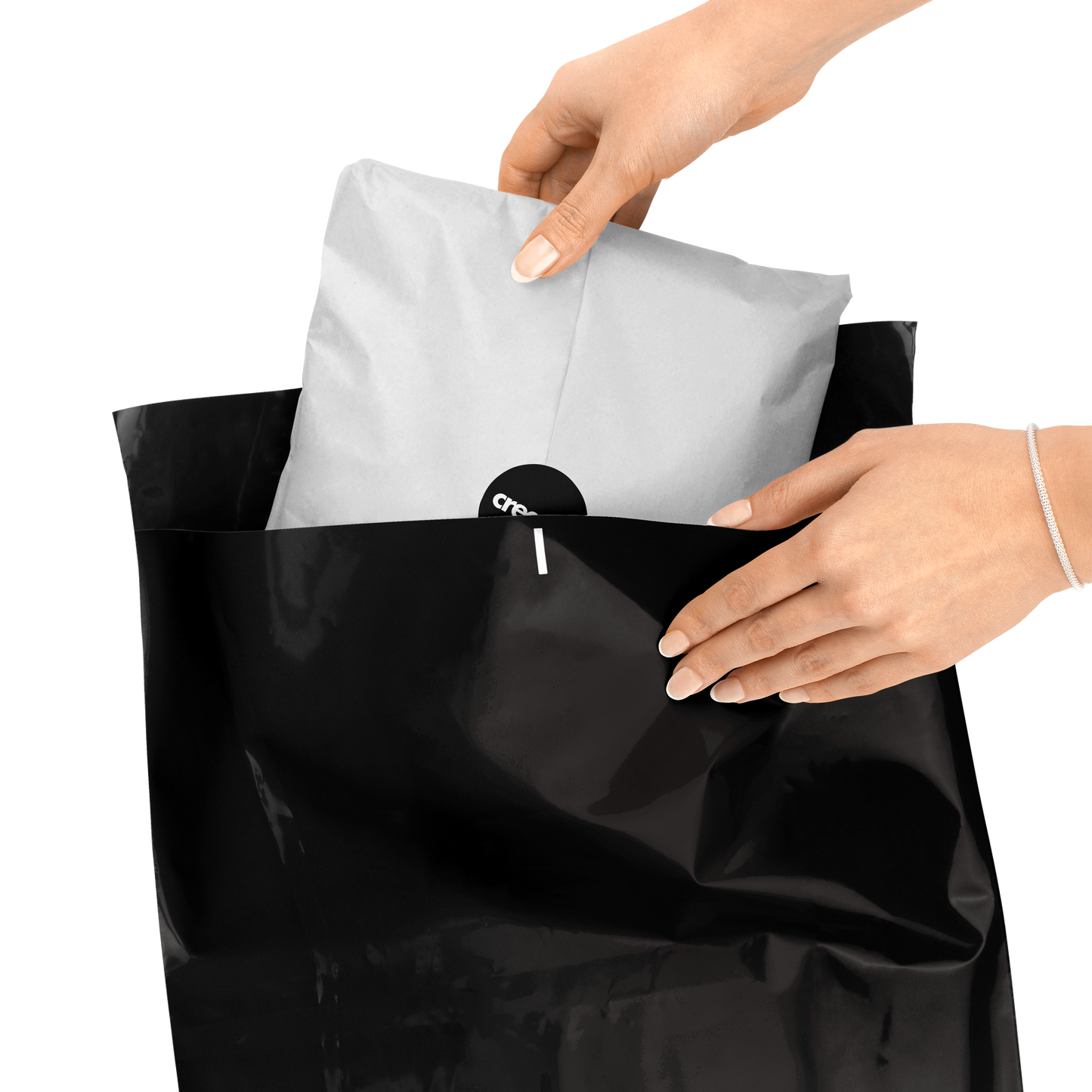
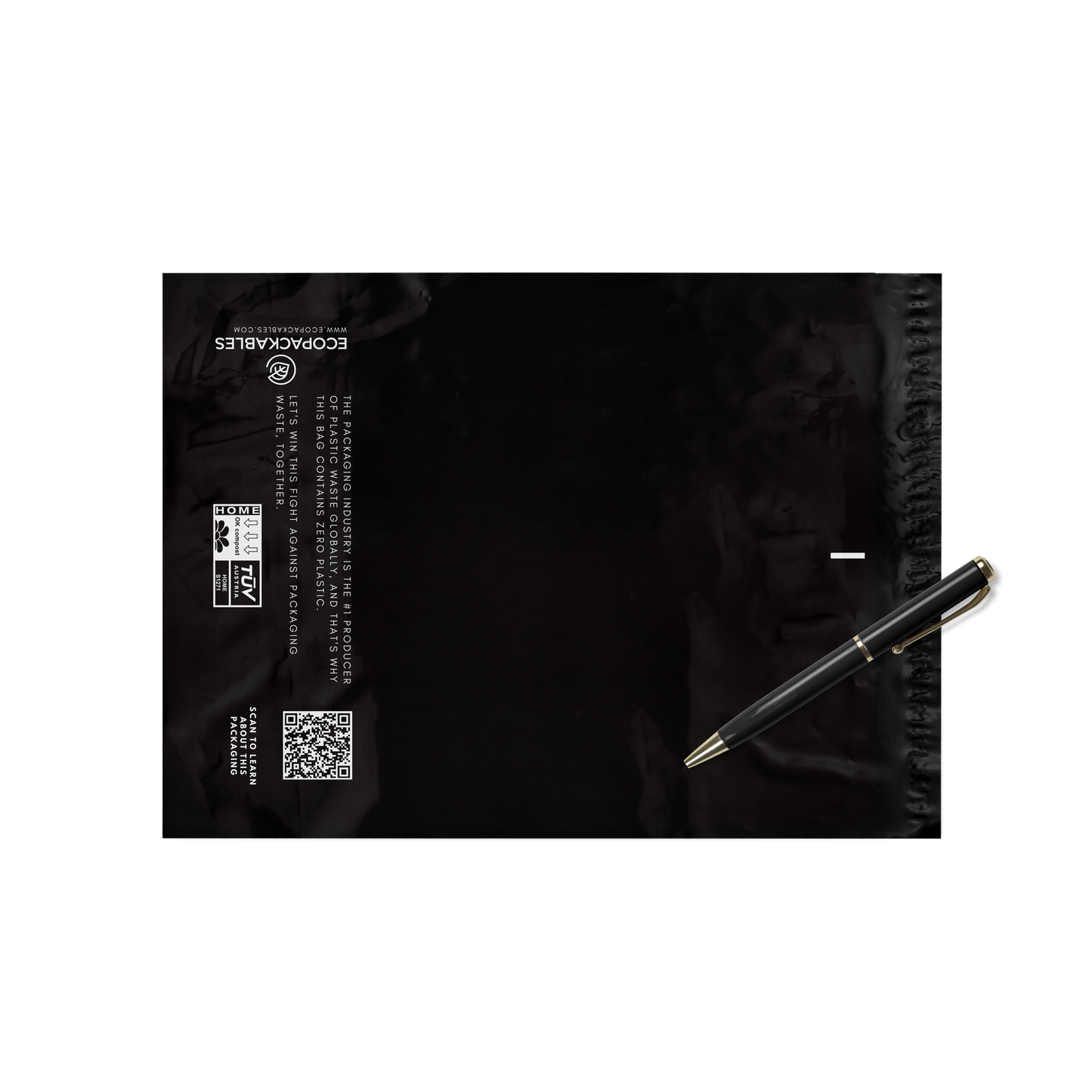
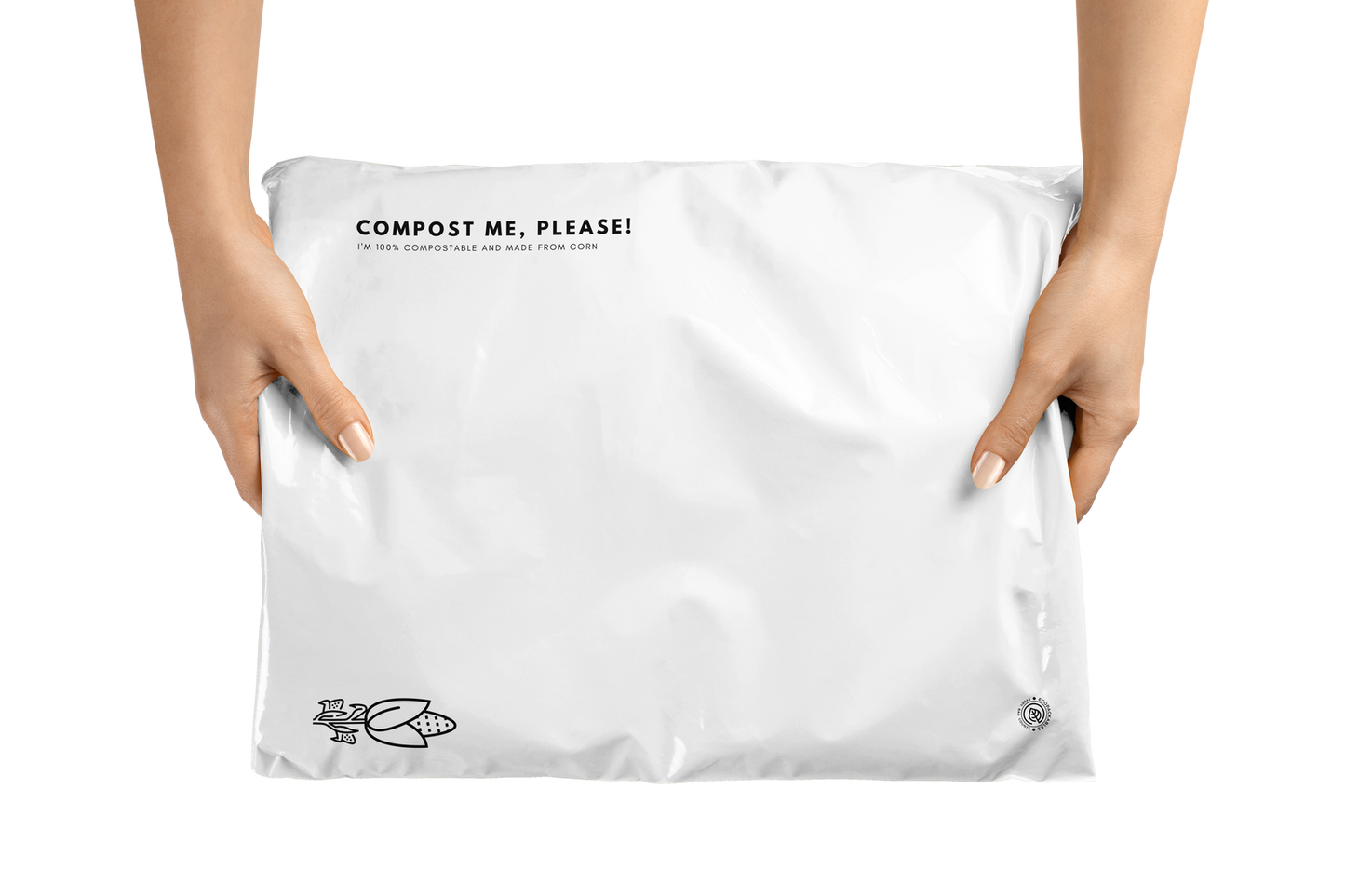
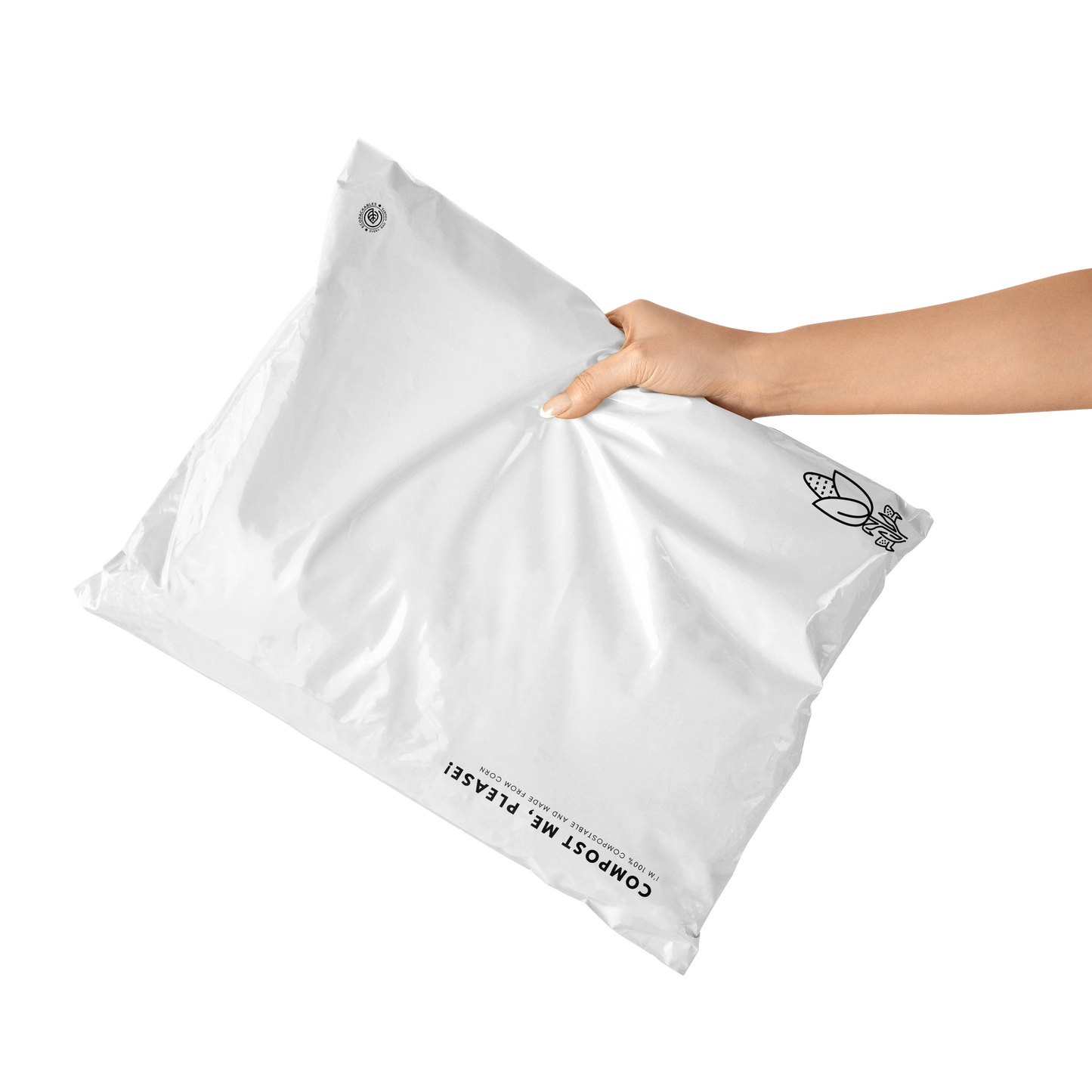
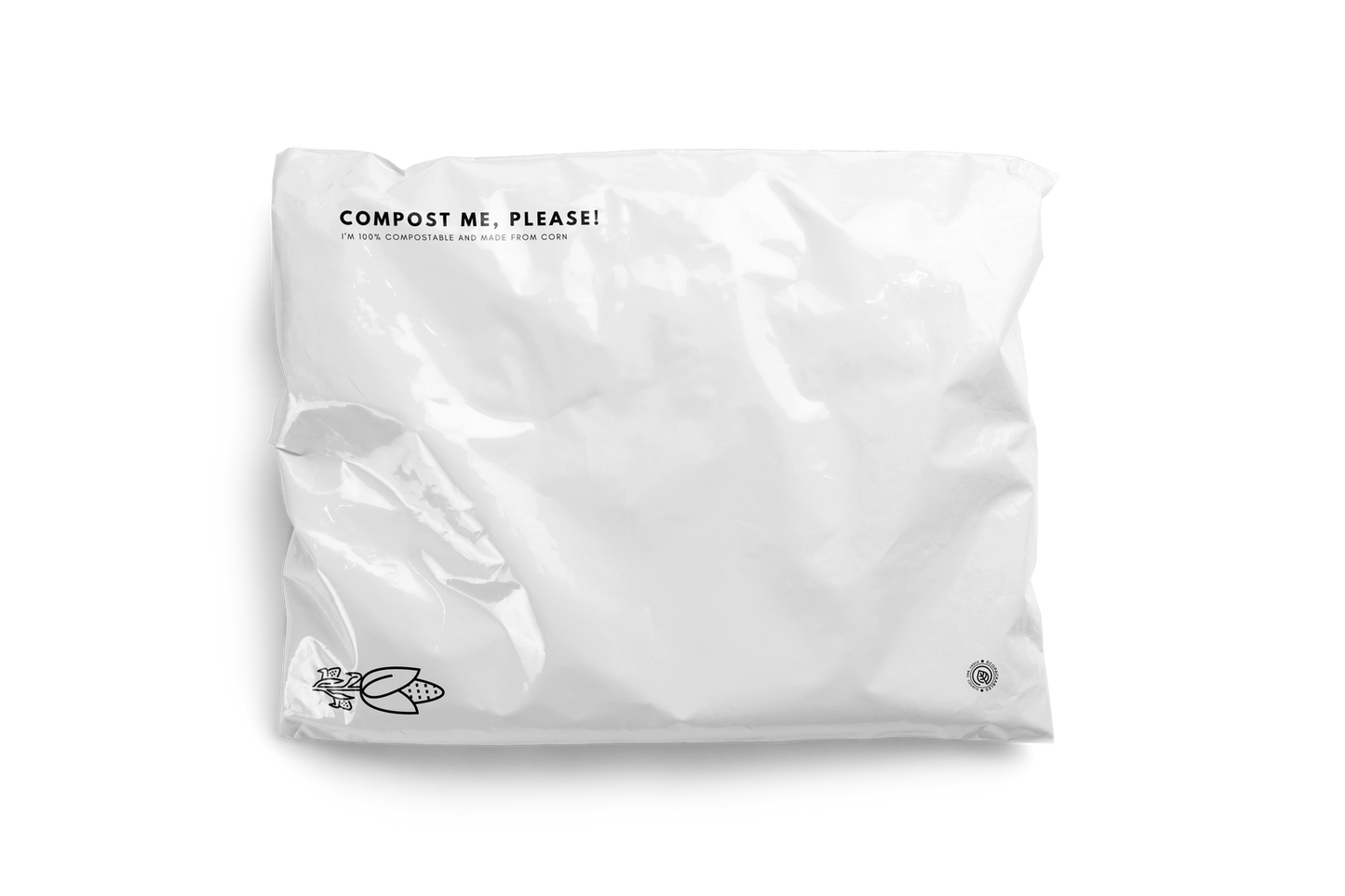
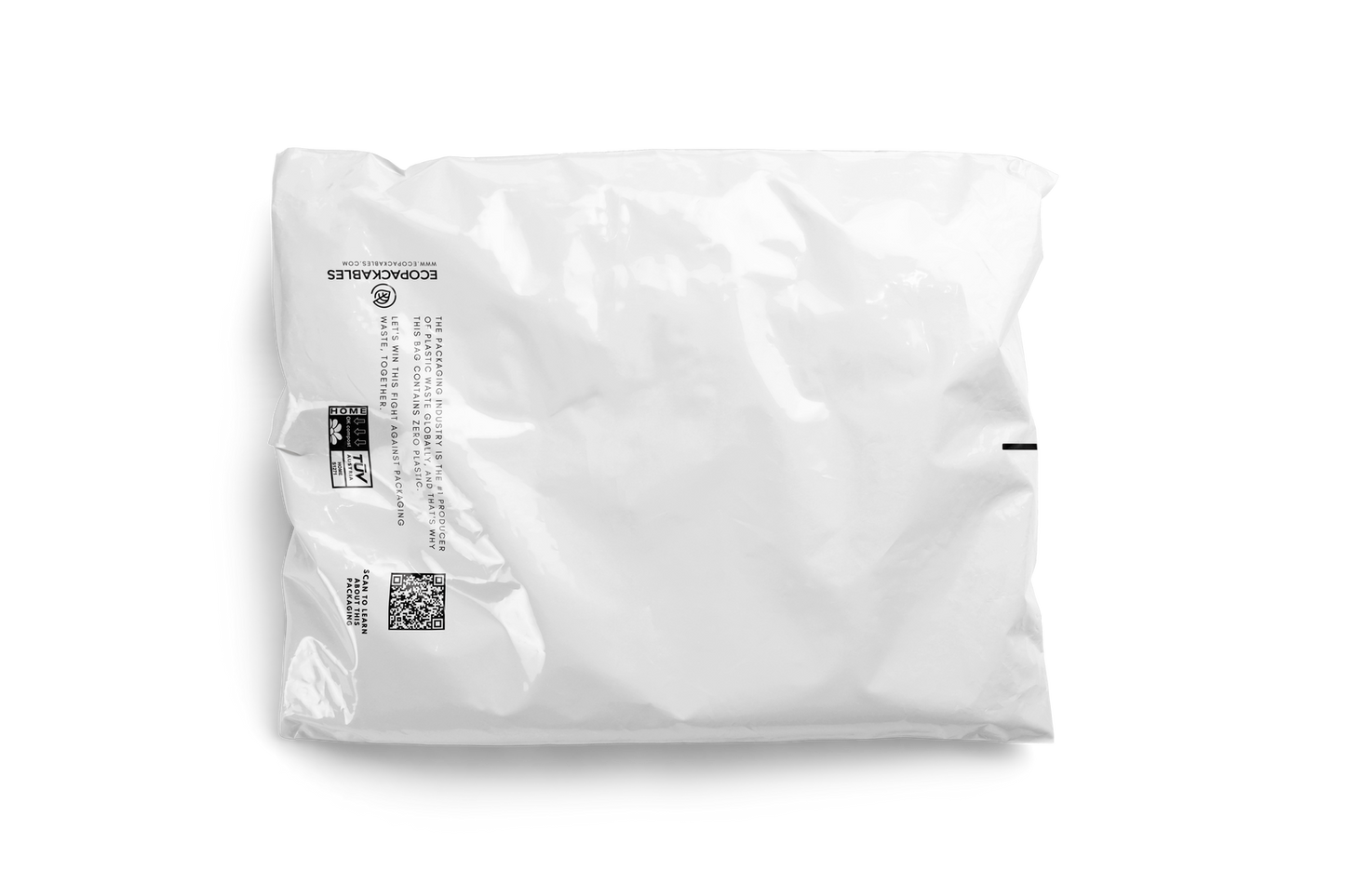
We Work With
Our Custom Compostable Polymailers offer an eco-friendly alternative to traditional plastic mailers, combining durability with sustainability. Perfect for brands in apparel, cosmetics, healthcare, bedding, and more, these mailers provide a reliable packaging solution that’s certified for both home and industrial composting.
Perfect Packaging for:
- Apparel & Accessories
- Travel & Lifestyle Products
- Healthcare & Wellness Goods
- Subscription Boxes & eCommerce Orders
- Cosmetics & Personal Care
- 100% Compostable & Biodegradable: Made from renewable materials like cassava root, cornstarch, and PBAT, a bio-based polymer that decomposes naturally without microplastics.
- Certified Sustainability: Certified by TUV and ABA to decompose within 180 days in home compost and 90 days in industrial facilities.
- Durable & Water-Resistant: Built to withstand shipping conditions while maintaining compostable integrity.
- Premium Appearance: Smooth, opaque finish that gives your packaging a high-end, plastic-free look.
- Shelf Life: Maintains structural integrity for up to 1 year when stored properly.
EcoPackables D42 Film An opaque, compostable film made from a blend of cassava root, cornstarch, and PBAT. This material is fully sealable, printable, and available in custom thicknesses and colors, providing strength and flexibility without relying on petroleum-based plastics.
- Printing: Two-sided or full-bleed with water-based inks
- Custom order minimum: 5,000 units
- Daily production capacity: 35,000 units
- Sample kits: Available for qualified custom orders
How to Get Custom Recycled Polymailers in 3 Simple Steps
Let customers speak for us
Sustainability & End-Of-Life
By choosing custom compostable poly mailers, your brand helps reduce plastic pollution and supports a circular, bio-based economy. A single order of 10,000 compostable bags can divert approximately 200 lbs of plastic from landfills and oceans

Made
Produced with renewable, bio-based materials like cornstarch and PBAT

Shipped
Delivered to your warehouse or customers

Reused
Decomposes in industrial composting within ~90 days

Recycled
Returned to the cycle through store drop-off programs
Frequently Asked Questions
The bags are certified by all three industry certifiers; Vincotte, BPI and Dincerto, meeting American, European, International and Australian standards – including certifications for your domestic home compost. To gain these certifications, the product must break down within 90 days in commercial compost and 180 days in home compost conditions, including wormfarm compost. After degradation, they must leave no harmful residues behind. In fact, the only residue left behind is a soil enhancer which is returned to the earth as plant food.
All EcoPackables Compostable Mailers are made from D42 Film, a proprietary blend of cassava root, cornstarch, and PBAT. This film offers excellent strength, printability, and water resistance while remaining 100% compostable and plastic-free.
Our perspective on compostable packaging evolves with ongoing research and new findings. One thing remains clear: we can't continue to depend solely on paper and LDPE (plastic) for future packaging solutions. Innovation in materials is essential, which is why we currently offer compostable options. While our present offerings may not be "perfect," the absence of investment from companies like ours would hinder progress toward the ideal compostable material. There are challenges, such as incomplete composting infrastructure and the lack of a strong alternative to fossil-based PBAT, a common binder in many bags. However, without exploring these options and supporting R&D in material science, legislative changes and the development of new materials will stall. For this reason, we see compostable technologies as a crucial investment in the future.
Our minimum order for custom packaging starts at $2,500. Pricing per unit varies based on the product specifics, including size, print method, and any added features. Custom compostable polymailers typically starts around $0.09 per unit, but we’ll provide a tailored quote once we understand your project needs.
This is very important. To ensure maximum longevity, EcoPackables mailers should be stored in a dark, dry place. If stored correctly, they will be strong enough to send parcels around the world for at least 9-12 months, if not, their strength will be compromised. This is why we recommend ordering in 6-month intervals.
Absolutely. We offer custom sizes, colors, and thicknesses (from 30–110 μm), along with two-sided or full-bleed printing using eco-friendly water-based inks. You can also add tear strips, double adhesive closures, and custom color options to match your brand’s look.
Yes. The minimum custom order is 5,000 units, with a daily production capacity of up to 35,000 units. We also offer sample kits so you can test the material and print quality before placing a bulk order.
Yes, within their intended use, compostable mailers are strong, flexible, and water-resistant. They provide excellent protection for apparel, cosmetics, and other soft goods. However, because they’re designed to decompose, we recommend using them within one year for optimal performance.
These mailers should be placed in a home or industrial composting facility where available. They will fully break down within 90–180 days depending on conditions. Avoid putting them in regular recycling bins, as compostable materials are not compatible with traditional plastic recycling streams.

